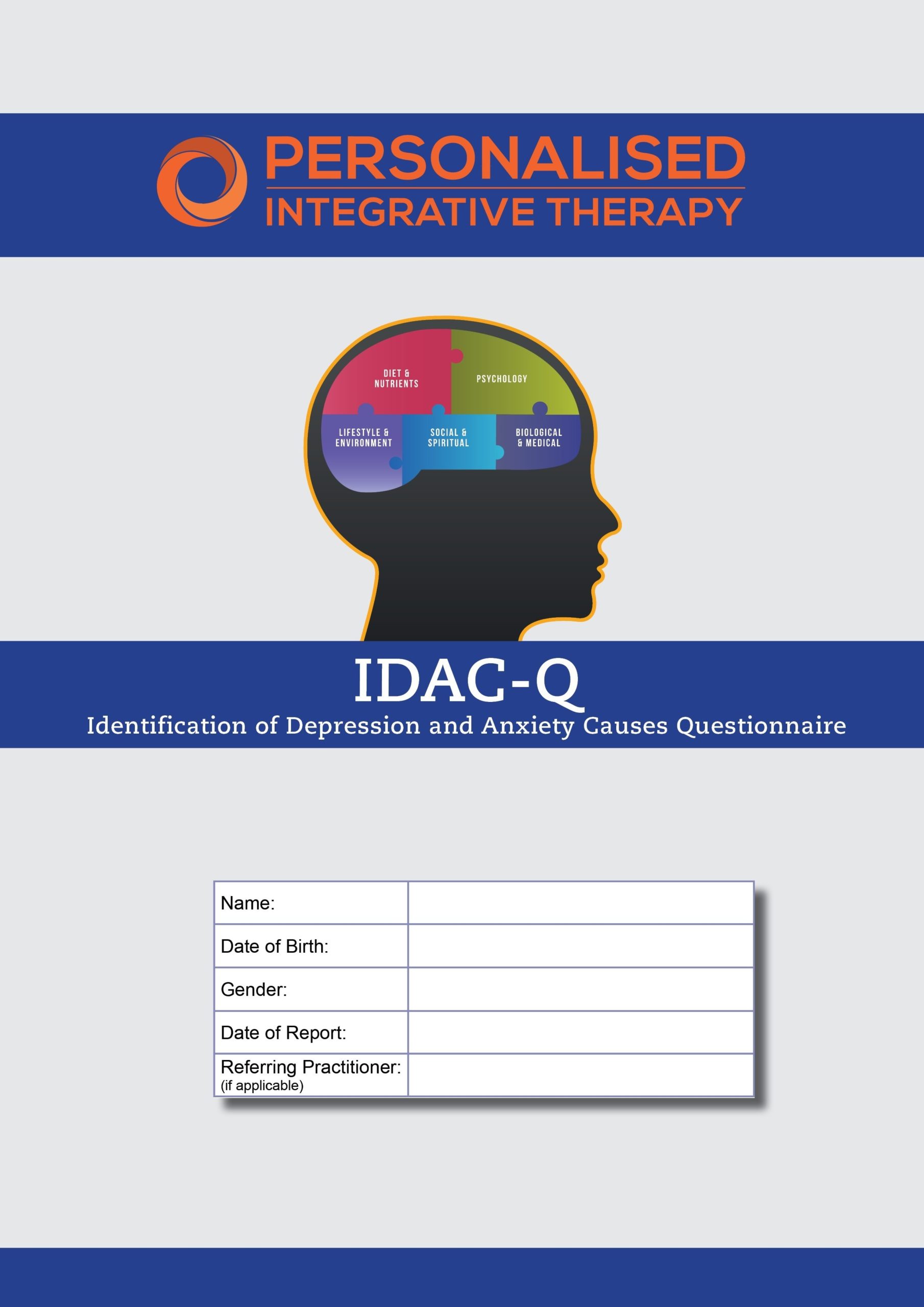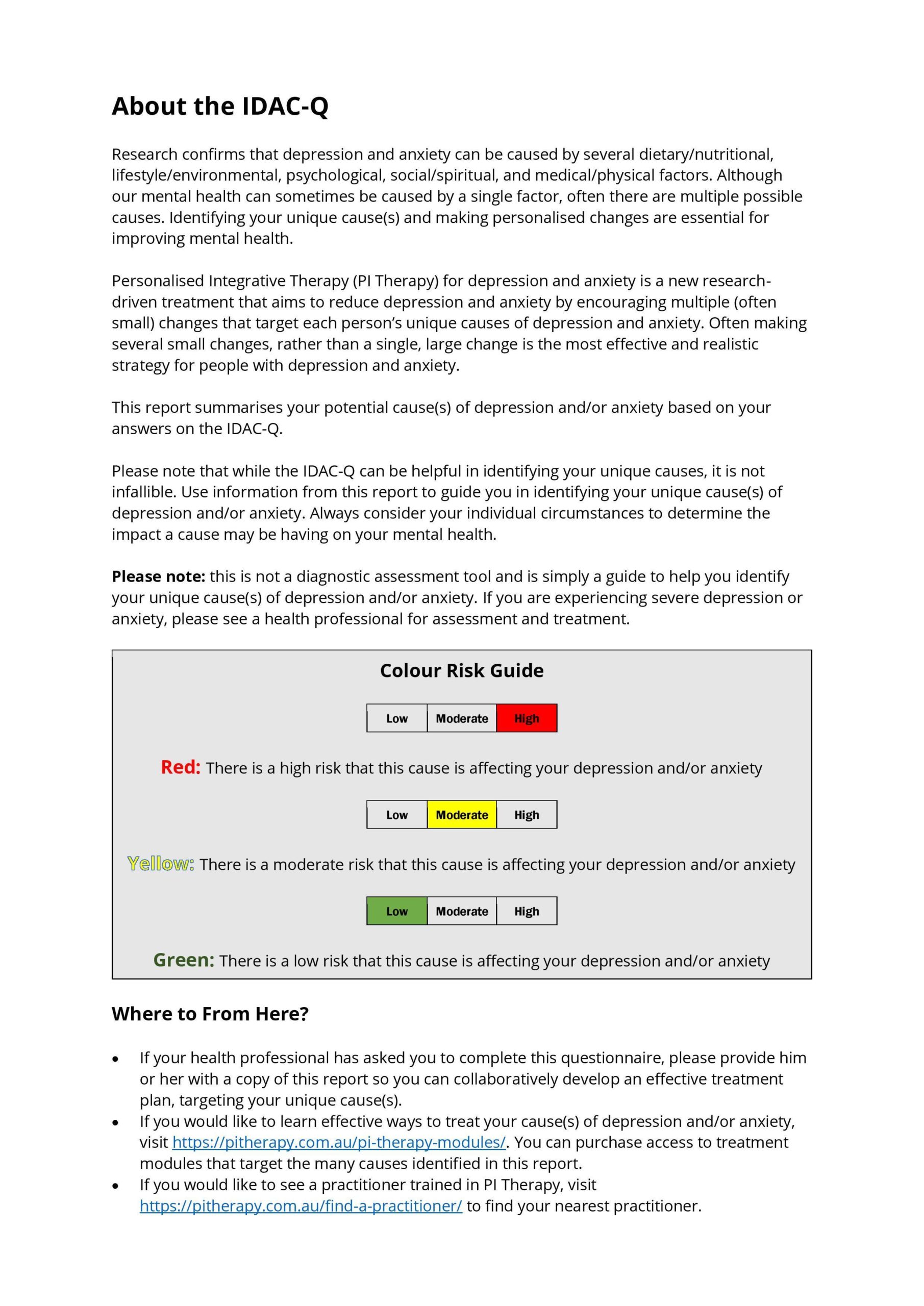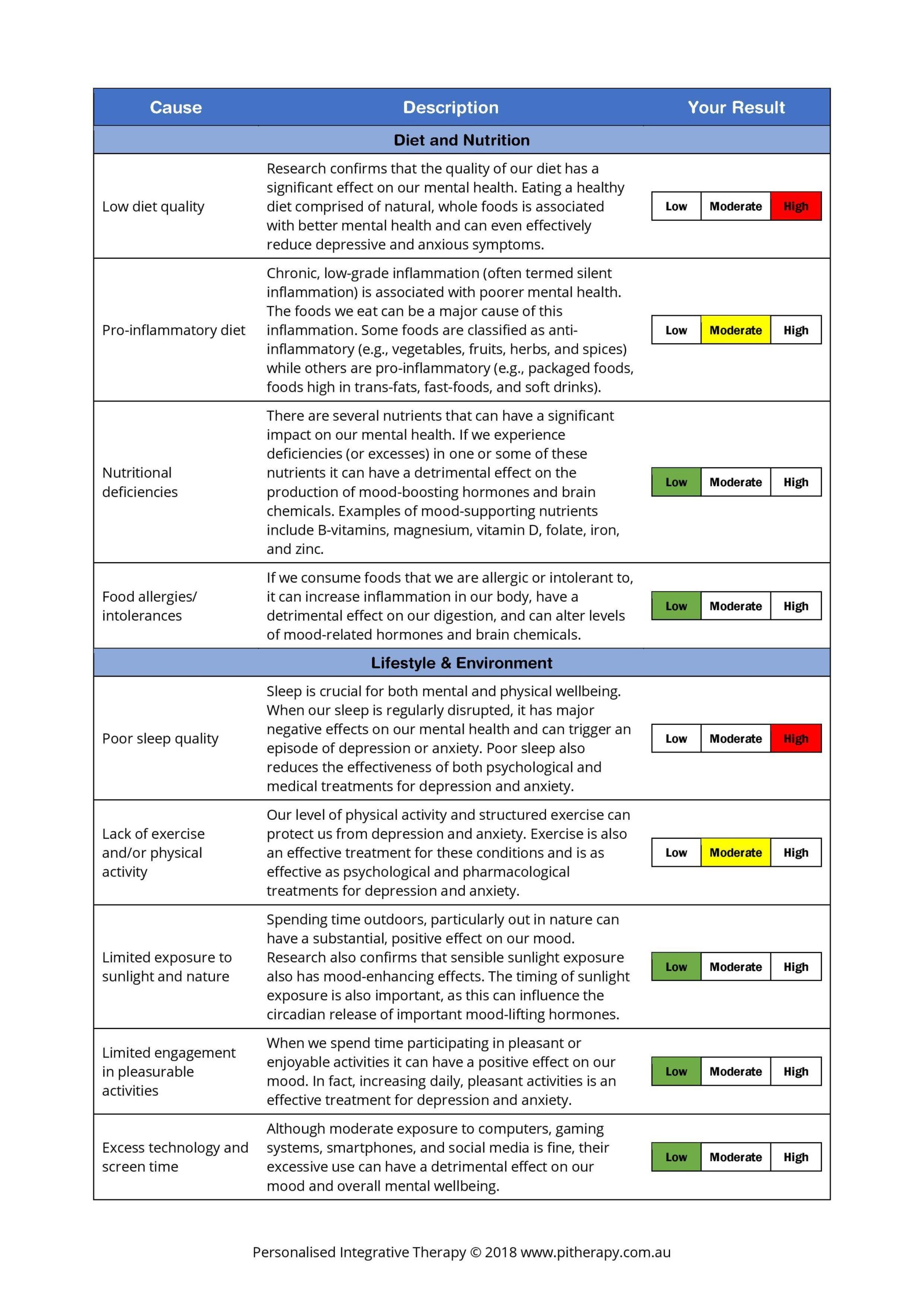Improve your mood by identifying and treating the causes!

Depression and anxiety are commonly assessed through interviews and questionnaires. The primary aim of these assessments is to see if you meet the diagnostic criteria for a depressive or anxiety-related disorder. These symptoms are listed in a manual known as the DSM-5, which at last count contained over 150 disorders. It is commonly believed that if the correct diagnosis is identified (e.g., major depressive disorder, generalised anxiety disorder, social phobia, agoraphobia, post-traumatic stress disorder, and so on), then the most appropriate treatment can be implemented. However, the problem with this approach is that it assumes that people with the same diagnosis (e.g., major depressive disorder) will benefit from the same treatment.
Assumptions of the diagnostic approach to depression and anxiety:
- Identifying the correct diagnosis will enable one to implement the most appropriate treatment
- The cause of your symptoms is "depression" (or an anxiety disorder), and therefore if we treat ‘the depression’ your symptoms will improve”
A major flaw with the diagnostic approach is that it groups all people with the same diagnosis into the same box.
Unfortunately, the reality is that even when two people are labelled with the same disorder, their cause(s) of depression (or anxiety) could be very different. That’s because depression (or anxiety) is not the cause, it is the symptom (or collection of symptoms), that are potentially caused by a range of factors.
The problem is that too much time is spent on diagnosing and not enough time is spent on identifying and treating the causes
Here is an example: two people are diagnosed with major depressive disorder (i.e, they both fulfill the DSM-5 diagnostic criteria). However, their unique causes of depression are very different, and therefore their treatments should differ. One person’s depression is caused by high stress at work, a poor marital relationship, and chronic pain. The second person’s depression is due to poor sleeping habits, eating an unhealthy diet, and poor general self-care. The diagnosis for these two people is the same, although the causes are different. Consequently, the treatment should be different.
Identifying and treating the causes of depression and/or anxiety should be the focus of treatment. It is only by identifying the causes can an effective treatment be developed.
While someone’s depression or anxiety may be caused by one primary factor, often there are numerous causes. And it is the cumulative effect of these causes that can tip someone into depression and/or anxiety. Research shows that there are multiple potential factors that can lead to symptoms of depression and anxiety. Unfortunately, many of these are often overlooked by doctors and some mental health practitioners. Below is a list of causes of depression that have been confirmed in research to affect mental health:
- Diet and Nutritional: Eating an unhealthy diet; imbalances in mood-supporting nutrients; food allergies and intolerance
- Psychological: Unhelpful negative thoughts and belief systems; ineffective, emotional coping skills; unresolved past trauma
- Lifestyle and Environmental: Poor sleeping habits; physical inactivity; high stress; lack of engagement in pleasurable or soothing activities; alcohol, nicotine or illicit drug use; lack of exposure to sunlight and nature; excess exposure to environmental toxins
- Social & Spiritual: lack of social support; excessive social strain; lack of life purpose or meaning
- Medical and Physical: Medical conditions; chronic pain; digestive disorders or problems; certain medications; hormone imbalances; excess weight/ obesity
As you can see there are multiple potential causes of depression and anxiety. And it is only by identifying and treating your unique, personalised causes will you have the best chance of effectively overcoming your depression and/or anxiety. Using an integrative (or holistic) approach is often the most effective option.
Personalised Integrative Therapy (PI Therapy) is an evidence-driven intervention that treats depression and anxiety by identifying personalised causes and, in turn, using treatments that target these unique causes.
If you are interested in identifying your potential cause(s) of depression, we recommend you complete the IDAC-Q. This 130-item questionnaire is designed to assess your unique, potential cause(s) of depression and/or anxiety. Your cause(s) are presented in an easy-to-read report that you can then use to develop your most effective treatment. If you are seeing a mental health practitioner, you can even give a copy to your therapist to help him/her develop an effective treatment plan for you.
The IDAC-Q is available for a limited time, introductory price of $19.95 normally $29.95
Click the images below to view sample pages from the IDAC-Q report






